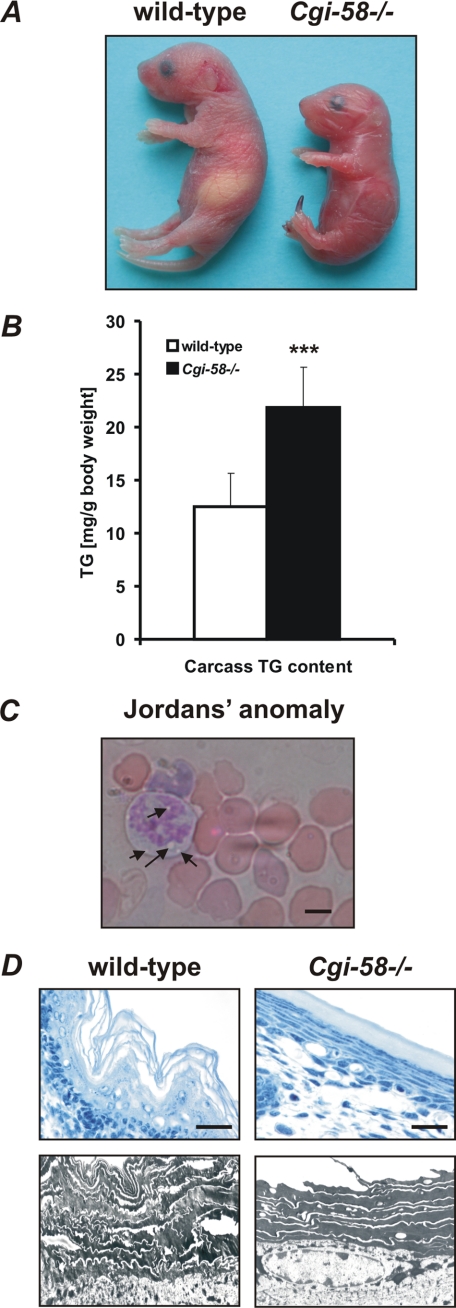Cat. #160868
ABHD5 knock out mouse
Cat. #: 160868
Sub-type: Mouse
Availability: 8-10 weeks
Model: Knock-Out
This fee is applicable only for non-profit organisations. If you are a for-profit organisation or a researcher working on commercially-sponsored academic research, you will need to contact our licensing team for a commercial use license.
Contributor
Inventor: Franz Radner ; Rudolf Zechner
Institute: University of Graz
Tool Details
*FOR RESEARCH USE ONLY (for other uses, please contact the licensing team)
- Tool name: ABHD5 knock out mouse
- Alternate name: ABHD5, CGI-58
- Research fields: Developmental biology;Metabolism
- Tool sub type: Mouse
- Model: Knock-Out
- Conditional: No
- Description: Useful model to study ABHD5 deficiency. Animals might be useful for studies, e.g. on energy metabolism or skin development/barrier function. Mice homozygous for the mutation die shortly after birth due to transepidermal water loss.
- Genetic background: Mice were generated using HM1-ES cells. ES cell clones were injected into C57BL/6J blastocysts to enable coat colour selection of the chimeras. Mice were subsequently backcrossed to C57BL/6J (âĽÂ 10 generations). Mice are backcrossed to C57BL/6J regularly to avoid generation of subpopulations.
- Phenotype: Homozygote mutants display a severe ichthyosis-type skin barrier dysfunction, which leads to increased transepidermal water loss after birth, and consequently, death of the animal within hours. Further, knockout animals display growth retardation as well as triacylglycerol accumulation in the liver. Triacylglycerol hydrolysis is impaired in various tissues. Omega-O-acylceramide biosynthesis is drastically decreased. In line, keratinocyte differentiation is abnormal.
- Zygosity: Heterozygous
- Strain: C57BL/6J
- Production details: A loxP site was inserted upstream of exon 4 and a floxed neomycin resistance cassette was inserted downstream of exon 7. Cre-mediated recombination removed Abhd5 exon 4 â 7 and the selection cassette. Further details are available upon request.
- Breeding information: Good breeder. When maintaining a live colony, heterozygous mice may be bred together, as homozygotes die prematurely.
Target Details
- Target: Abhydrolase domain containing 5, comparative gene identification-58, Chanarin-Dorfman, ichthyosis
Related Tools
- Related tools: ABHD5-flox mouse
References
- 27725204
- Radner et al. 2010. J Biol Chem. 285(10):7300-11. PMID: 20023287.





